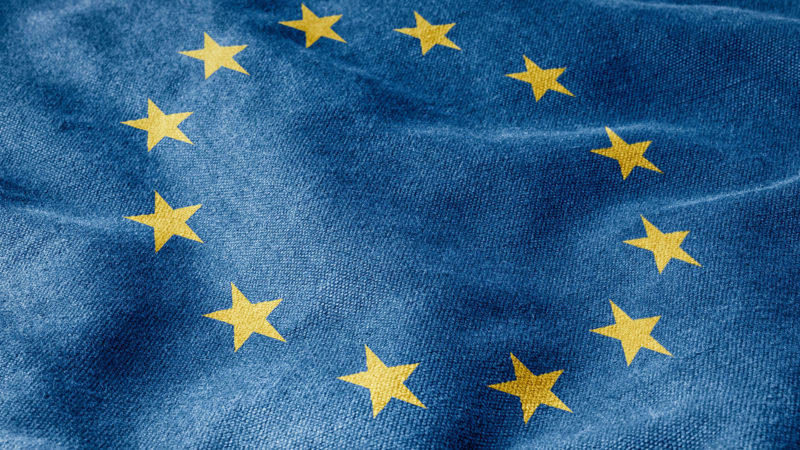Oh No They Didn’t: European Parliament Calls For Break Up Of Google
Today, many Americans were busy preparing Thanksgiving meals or getting ready to travel to the homes of friends and family to celebrate the holiday. But Google certainly won’t be giving thanks for the European Parliament’s vote in favor of a resolution to “unbundle” Google’s search engine from the rest of its business. The widely anticipated, non-binding vote calls upon […]

Today, many Americans were busy preparing Thanksgiving meals or getting ready to travel to the homes of friends and family to celebrate the holiday. But Google certainly won’t be giving thanks for the European Parliament’s vote in favor of a resolution to “unbundle” Google’s search engine from the rest of its business.
The widely anticipated, non-binding vote calls upon the European Commission, the EU’s antitrust regulator, to “enforce EU competition rules [and] to consider proposals with the aim of unbundling search engines from other commercial services.”
The vote happened earlier today and was approved 384 to 174 with 56 abstentions. Beyond the “break up Google” angle (Google was not identified by name), the European Parliament called for the creation of a single digital market in Europe for the purpose of:
- Increasing tax revenues
- Promoting “non-discriminatory online search”
- Preventing the “secondary exploitation” of search data
- Developing uniform rules for cloud computing
- Promoting net neutrality
The resolution essentially has no legal force. It’s a “political statement.” It’s also an aspirational statement of policy goals. However it indicates the political climate and mood throughout Europe, which is increasingly hostile to Google (except of course for consumers).
The European Commission is the body that has the real teeth and power in this matter. Margrethe Vestager, the Commission’s new antitrust chief, took over from Joaquín Almunia on November 1. Almunia tried several times unsuccessfully to craft a settlement with Google that would be politically acceptable. Each time Google critics or rivals emerged to argue the settlement didn’t go far enough and wouldn’t have any meaningful impact on the market.
The European Parliament resolution is intended to put more pressure on the European Commission to take faster and stronger action in “restraining” Google’s dominant market position. If it finds that Google abused its market power the European Commission could impose billions in fines.
It’s clear there’s a lot of frustration — even exasperation — behind this vote and Europe’s seeming inability to date to “do anything about Google.” Europe has been unable to produce home-grown competitors that can challenge the online hegemony of internet companies such as Google and Facebook. The company’s PC market share is much higher in Europe than in the U.S., and Android is the dominant smartphone operating system there by far.
Many European MPs strongly believe that U.S. based internet companies are not paying their fair share of local taxes (arguably aided by states such as Ireland). And the recent Snowden-related spying revelations have also inflamed anti-Google fervor, as many see Google and other U.S. internet companies (willing or unwilling) as instruments of U.S. government surveillance.
European leaders are understandably alarmed by the decline of their domestic news and other publishing industries under the impact of the internet. However they generally scapegoat Google for those developments, as many in the U.S. publishing industry previously have.
It’s very unlikely that the European Commission will actually try to “unbundle” Google’s search engine from the rest of the company. However, it’s possible that in Europe Google will be compelled to unbundle its privacy policy and won’t be able to combine data-sets for personalization and ad-targeting purposes. We will also probably see some effort to curb Google’s control over Android, as well.
There’s something of an irony here in that the European Parliament is calling for punitive action against Google’s PC search business just as many users are shifting their time and focus to mobile devices and away from traditional search.
I understand the alarm behind the European Parliament’s resolution. However, European legislators and governments would ultimately be better served by trying to do more to create a friendly climate for domestic entrepreneurship to enable companies to emerge and flourish rather than focusing their frustration at Google.
Contributing authors are invited to create content for Search Engine Land and are chosen for their expertise and contribution to the search community. Our contributors work under the oversight of the editorial staff and contributions are checked for quality and relevance to our readers. The opinions they express are their own.
Related stories